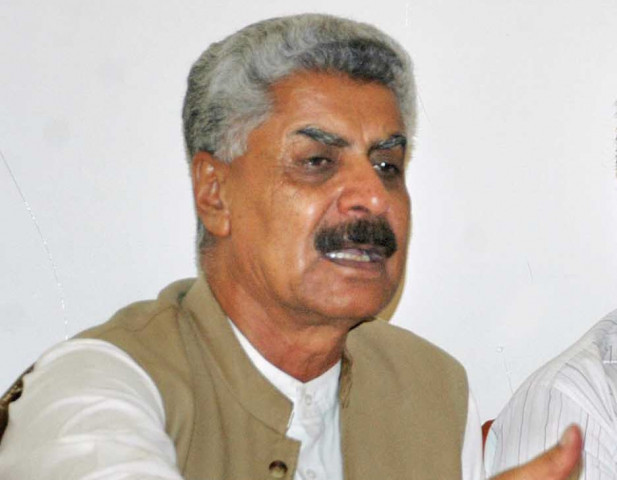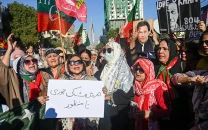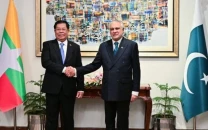Tribal reforms: Govt introduces amendment to create Fata seats in K-P Assembly
Also tables Tribal Areas Rewaj Act 2017 that will replace colonial era FCR

SAFRON Minister Abdul Qadir Baloch. PHOTO: EXPRESS
Tagged as the 30th Amendment Bill, 2017, new provisions will be added to the Constitution to create room for Fata lawmakers in the K-P Assembly after the region’s merger with the province. Like every amendment, it will need approval by two-third members in each house of parliament.
The other bill, introduced as part of the proposed Fata reforms package, seeks to replace British era’s draconian laws – Frontiers Crimes Regulation (FCR) – with a judicial system called the Tribal Areas Rewaj Act 2017, which is a mixture of traditional jirga and contemporary judicial system.
CM to throw his weight behind FATA, K-P merger
One of the important components of the proposed judicial system is extension of the superior courts to the restive tribal areas, most of which share border with Afghanistan.
The Rewaj Act focuses on introduction of legal system which will provide for retaining the ‘Rewaj’ or traditions in accordance with aspiration of the tribal people while safeguarding their fundamental rights.
The act envisages that amendments may be incorporated in Code of Criminal Procedure (CrPC) and Code of Civil Procedure (CPC) for customisation and shaping them to incorporate the traditional jirga system for adjudication in Fata.
The act is designed to be promulgated in the protected areas of Fata in a gradual manner, for which the availability and provision of a necessary judicial prosecution infrastructure, coupled with a well-trained Levies force, is of paramount importance.
On Monday, the proposed amendments were referred to the concerned parliamentary committee. However, their introduction generated a lot of debate on the floor of the House.
Government’s chief ally JUI-F opposed the amendments while opposition parties, including the PPP and the PTI, supported the government on the amendments.
JUI-F chief Maulana Fazlur Rahman was of the view that the government had deviated from the understanding it had developed with his party. He said people of Fata should decide whether they wanted a merger with K-P, reforms in the existing system or a separate province.
He was given floor twice by the speaker to speak on the amendments. In his first fiery speech, Fazl asked why there was so much urgency to introduce these amendments.
Centre reluctant to put K-P in the driving seat
“I will block your move,” the JUI-F chief threatened when some Fata lawmakers protested against Fazl’s objections to Fata’s merger. However, later he sought pardon from them for a few of his remarks.
He also raised a question on how the longstanding issue of Durand Line – which is a bone of contention between Pakistan and Afghanistan – would be settled once Fata is merged with K-P.
Minister for States and Frontier Regions (Safron) Abdul Qadir Baloch said the government would respect the understanding it developed with its allies over the issue.
“The purpose of introducing these proposed amendments is to replace the black law FCR, and on this point there is complete consensus of every political party,” he added.
The government also introduced the 29th Amendment Act, 2017 seeking amendment to the Constitution for lowering the age limit of high court judges from 45 years to 40 years.


















COMMENTS
Comments are moderated and generally will be posted if they are on-topic and not abusive.
For more information, please see our Comments FAQ